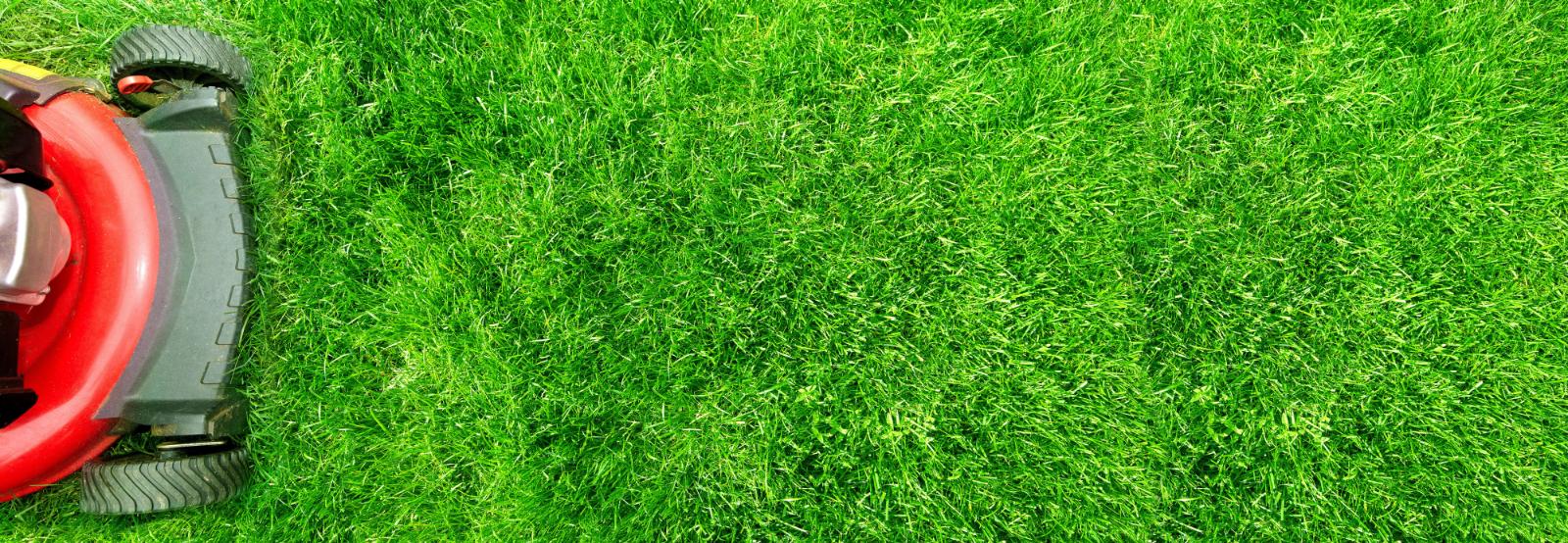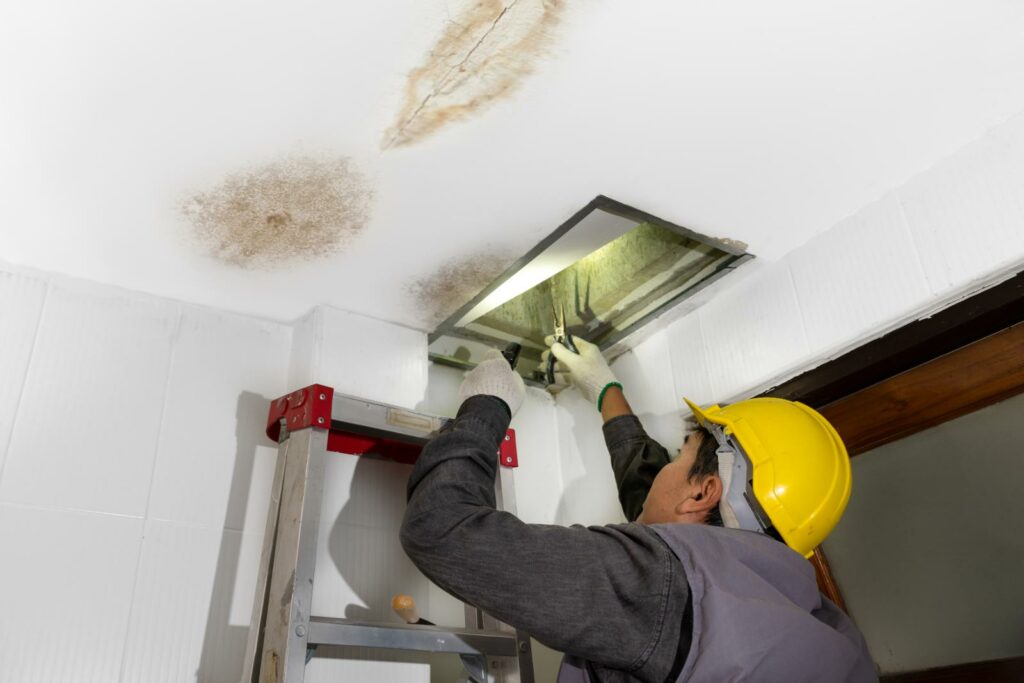Contents
Maintaining a sustainable approach to spring lawn care is essential for your immediate surroundings and the broader environmental impact. By making conscious choices in how you care for your lawn, you can play a significant role in preserving the delicate balance of nature. From reducing harmful chemicals to fostering biodiversity, the benefits of sustainable lawn care extend far beyond the surface. As you ponder the importance of sustainable practices in lawn care, consider the ripple effect your actions can have on the world around you.
Key Takeaways
- Preserves water resources and reduces chemical pollution.
- Enhances soil health and promotes a robust root system.
- Supports a balanced ecosystem and beneficial insects.
- Reduces carbon footprint and promotes long-term sustainability.
- Minimizes harm to wildlife and fosters a healthy environment.
Benefits of Sustainable Lawn Care
By implementing sustainable lawn care practices, you can reduce water consumption and minimize chemical runoff, benefiting both your yard and the environment. Soil health plays an essential role in the overall well-being of your lawn. Sustainable practices such as mulching grass clippings can improve soil structure, promote nutrient retention, and enhance water infiltration, leading to healthier and more resilient soil. This, in turn, fosters a robust root system for your grass, making it more drought-resistant and less prone to diseases.
Furthermore, biodiversity promotion through sustainable lawn care practices can create a balanced ecosystem in your yard. By reducing the use of pesticides and synthetic fertilizers, you allow beneficial insects, microbes, and other organisms to thrive, contributing to natural pest control and nutrient recycling. This balanced ecosystem not only supports a healthier lawn but also attracts birds and pollinators, enhancing the overall biodiversity of your outdoor space. Embracing sustainable lawn care isn’t just about your yard; it’s about cultivating a harmonious relationship with nature.
Choosing Eco-Friendly Lawn Products
When selecting lawn products, prioritize those labeled as eco-friendly to minimize environmental impact and promote sustainable practices. Opting for eco-friendly lawn products not only benefits the environment but also enhances the overall health of your lawn. Here are some tips to help you choose the best products for sustainable landscaping and green lawn care:
- Look for products with the ‘USDA Certified Organic’ label to guarantee they meet strict organic standards.
- Choose natural fertilizers such as compost or manure, which are rich in nutrients and help improve soil quality without harmful chemicals.
- Consider using biopesticides derived from natural materials like plants or bacteria to control pests while minimizing harm to beneficial insects and wildlife.
Implementing Water-Saving Techniques
To optimize your lawn care practices for sustainability and conservation, consider incorporating efficient water-saving techniques. Drought-resistant landscaping is a smart choice for maintaining a green lawn while minimizing water usage. Selecting native plants and grasses that require less water can greatly reduce your lawn’s irrigation needs.
Additionally, incorporating efficient irrigation techniques such as drip irrigation or soaker hoses can deliver water directly to the roots where it’s needed most, minimizing wastage through evaporation or runoff.
When it comes to watering your lawn, timing is important. Watering during the early morning or late evening helps to reduce water loss due to evaporation. Adjusting your watering schedule based on the weather conditions is essential to avoid overwatering. Installing rain sensors on your irrigation system can help prevent unnecessary watering during rainy periods, further conserving water.
Importance of Organic Lawn Fertilization
Implementing organic lawn fertilization methods is vital for promoting soil health and sustainable lawn growth. Organic fertilizers, derived from natural sources, provide numerous benefits for your lawn and the environment. Here’s why organic lawn fertilization is essential:
Enhanced Soil Health: Organic fertilizers improve soil structure, water retention, and nutrient levels, fostering a healthy environment for beneficial microorganisms. This leads to stronger root systems and overall better plant growth.
Reduced Carbon Footprint: Unlike synthetic fertilizers, organic options have a lower carbon footprint as they’re typically produced using fewer fossil fuels in their manufacturing process. By choosing organic fertilizers, you can contribute to reducing greenhouse gas emissions and combat climate change.
Long-Term Sustainability: Organic lawn fertilization promotes long-term sustainability by maintaining soil fertility without depleting natural resources. It supports a balanced ecosystem that thrives without the need for harsh chemicals.
Embracing Natural Pest Control
Taking a proactive approach to natural pest control can greatly enhance the health and resilience of your lawn ecosystem. By incorporating natural predators like ladybugs, lacewings, or birds into your yard, you can effectively control pests without harming the environment. Ladybugs, for example, feed on aphids, mites, and other harmful insects that can damage your grass. Lacewings are known for devouring aphids, thrips, and other pests that can weaken your lawn.
Companion planting is another effective strategy. Certain plants naturally repel pests, reducing the need for chemical interventions. For instance, planting marigolds can deter nematodes, while lavender can keep mosquitoes at bay. Additionally, interplanting crops like basil with tomatoes can confuse pests and protect your tomato plants.
Recap
You’ve learned why sustainable spring lawn care is essential for a healthy environment and vibrant lawn.
You can create a more resilient and balanced ecosystem by using eco-friendly products, implementing water-saving techniques, and embracing organic fertilization and pest control methods.




